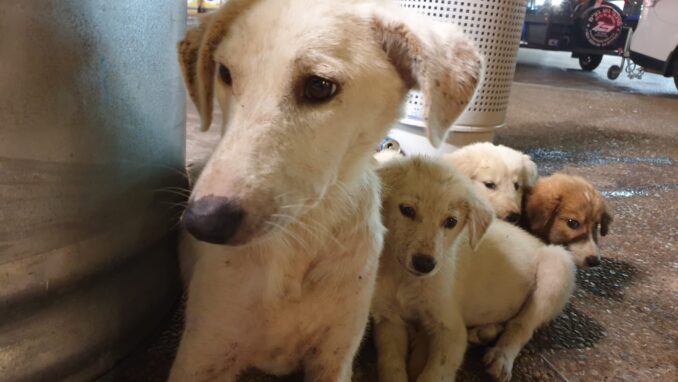
“No – man’s – land” dogs
That is how they name them and that is exactly how they live, very miserable, destitute lives.

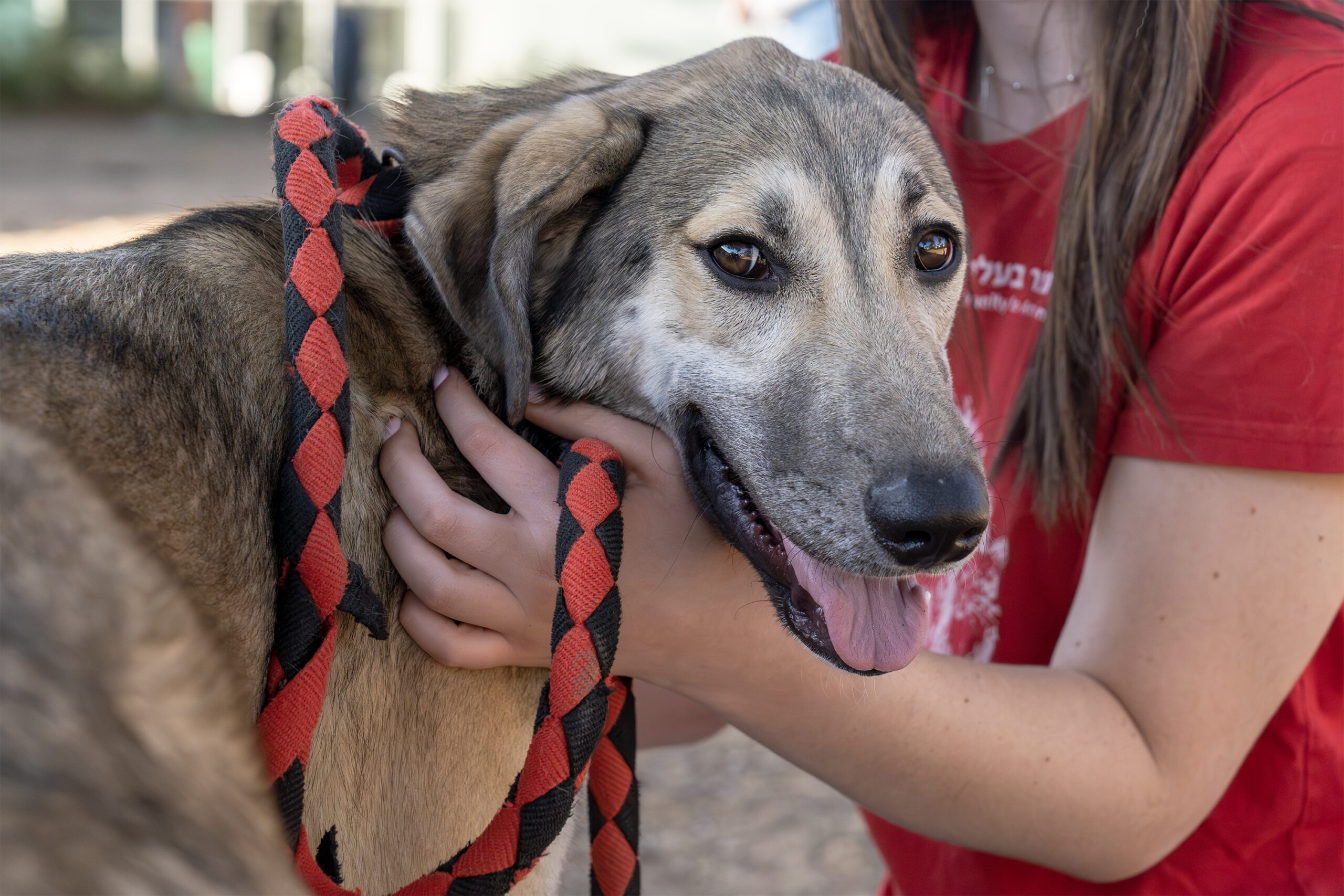
If you love animals and are looking for a way to help, our dogs and cats are waiting for you!

That is how they name them and that is exactly how they live, very miserable, destitute lives.
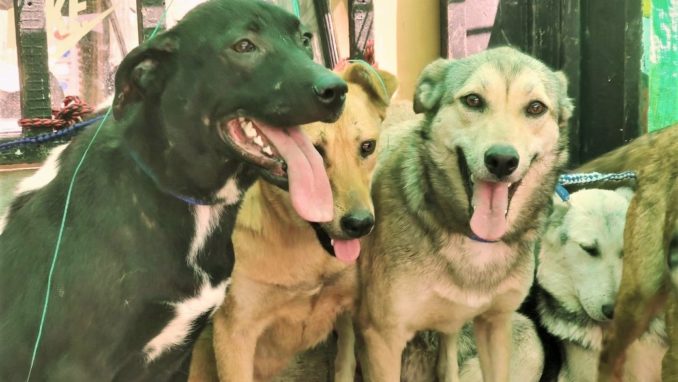
Helping out dogs – evetwhere: SPCA Israel rescued 15 dogs from Bethlechem, rehabilitated them and helped them find devoted owners and loving homes as they deserve
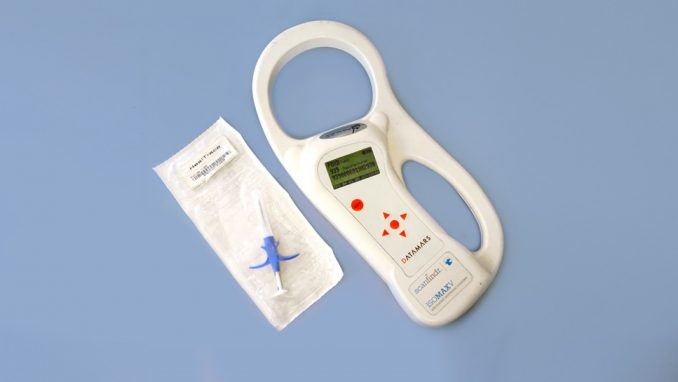
מהו שבב אלקטרוני? למה חשוב לשבב כלבים? מה אומר החוק? ואיך מעבירים בעלות על כלב, כך שבמקרה ויאבד ניתן יהיה להשיבו לבעליו?
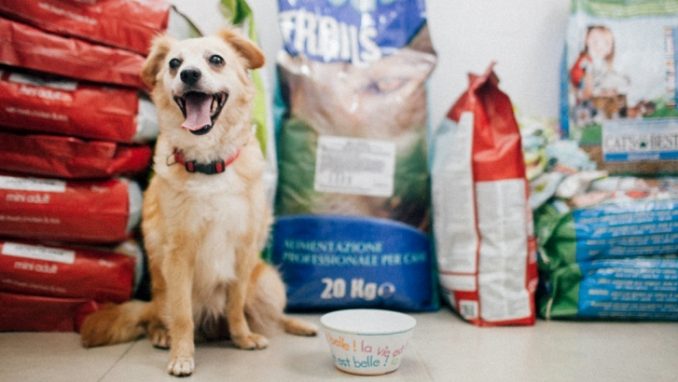
In honor of this special day, we invite you to donate or send a present to the dogs and cats that were abandoned in our shelter

On October 3: Free general examination and 50% discount for vaccination against worms for dogs and cats at the Society’s clinic

SPCA Israel asks to raise public awareness of the option of exchanging the custom of slaughtering chickens by way of making atonement before Yom Kippur with donating to charity
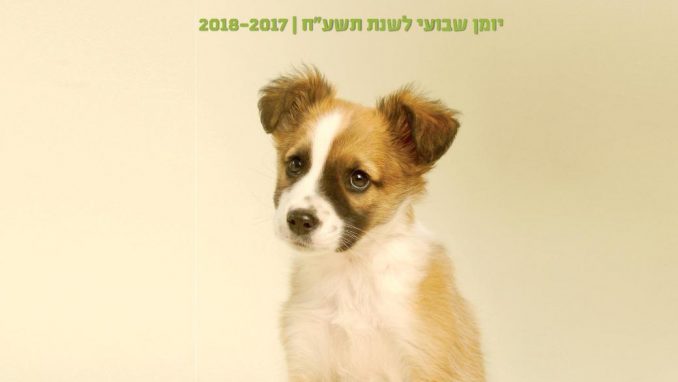
SPCA Israel has published an illustrated calendar marking the 90th anniversary of its founding
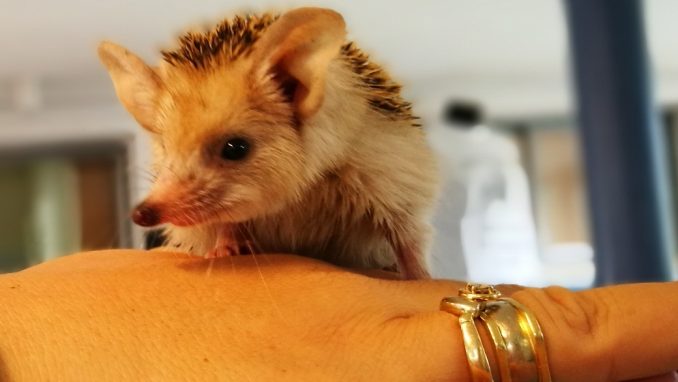
SPCA has taken in hedgehogs in distress and provided them with veterinary care and rehabilitation
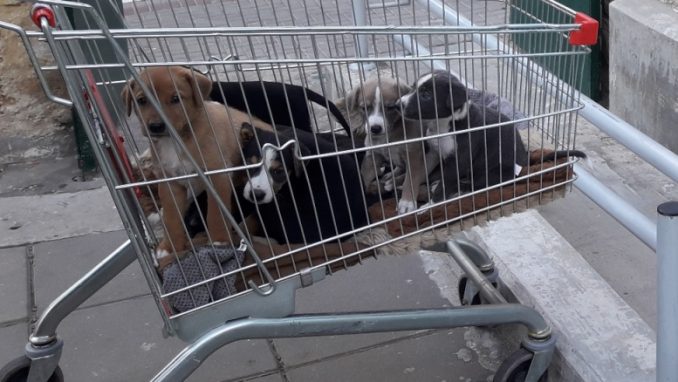
A new regulation calls for stricter measures that obligate all organizations and municipal authorities to offer cats and dogs up for adoption only after they have been spayed or neutered. This welcome process was started thanks to legislation initiated by SPCA Israel
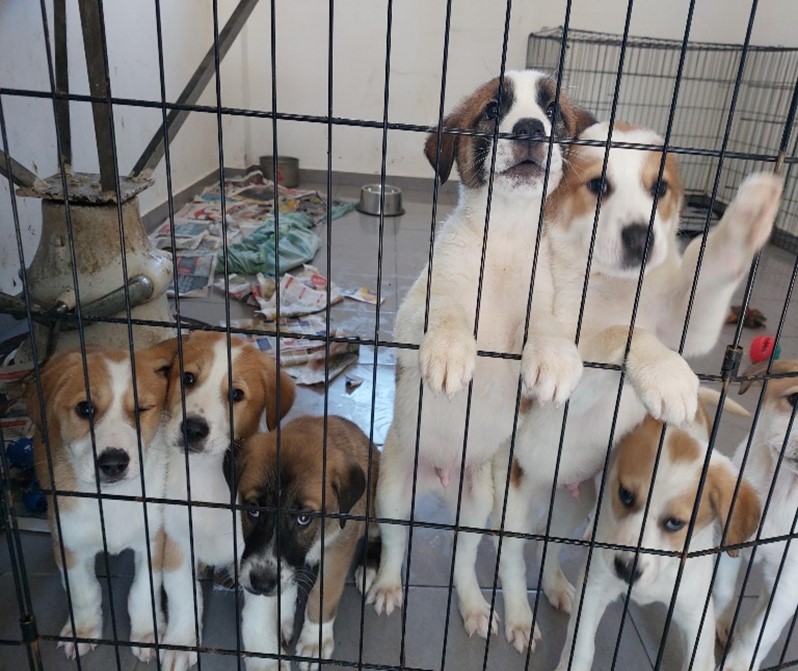
Every donation, even the smallest, will help us to help them